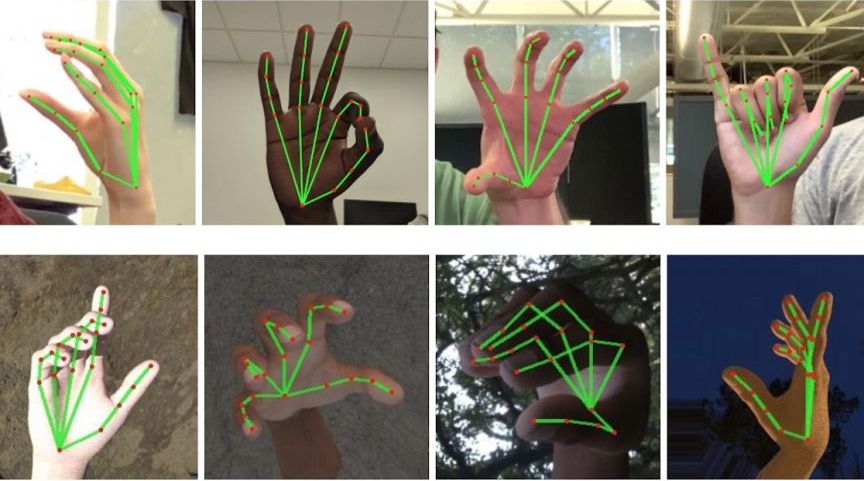- Fraud detection techniques mostly stem from the anomaly detection branch of data science.
- If the dataset has sufficient number of fraud examples, supervised machine learning algorithms for classification like random forest, logistic regression can be used for fraud detection.
- If the dataset has no fraud examples, we can use either the outlier detection approach using isolation forest technique or anomaly detection using the neural autoencoder.
- After the machine learning model has been trained, it’s evaluated on the test set using metrics such as sensitivity and specificity, or Cohen’s Kappa.
With global credit card fraud loss on the rise, it is important for banks, as well as e-commerce companies, to be able to detect fraudulent transactions (before they are completed).
According to the Nilson Report, a publication covering the card and mobile payment industry, global card fraud losses amounted to $22.8 billion in 2016, an increase of 4.4% over 2015. This confirms the importance of the early detection of fraud in credit card transactions.







